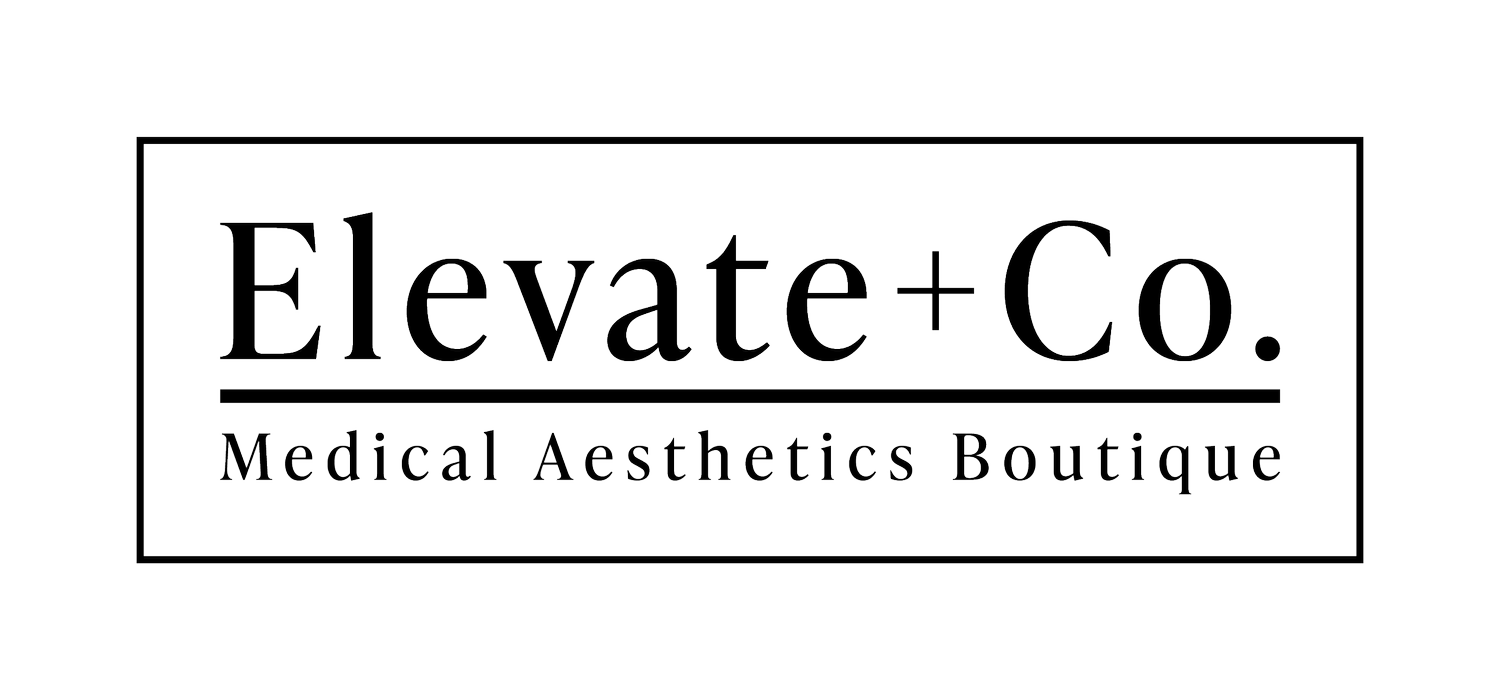May is Skin Cancer Awareness Month: How You Can Reduce Your Risk
Skin cancer is the most common cancer in the United States — and it's also one of the most preventable. As we step into Skin Cancer Awareness Month this May, it’s the perfect time to focus on protecting your skin and educating yourself about reducing your risk. Whether you have fair skin that burns easily or deeper skin tones that are often thought to be less at risk (but still are), sun protection is for everyone.
Here are some key steps you can take to reduce your risk of skin cancer:
1. Wear Broad-Spectrum Sunscreen Daily
Sunscreen isn’t just for pool days or beach vacations — it should be part of your everyday routine, rain or shine. Look for a broad-spectrum sunscreen with an SPF of 30 or higher. Broad-spectrum means it protects against both UVA and UVB rays, which can cause premature aging and skin cancer. Reapply every two hours, and even more often if you’re swimming or sweating.
2. Avoid Tanning Beds
Tanning beds significantly increase your risk of developing melanoma, the deadliest form of skin cancer. Despite common myths, a "base tan" doesn’t protect your skin — it’s actually a sign of damage. Embrace your natural skin tone or opt for sunless tanning products if you want a glow without the UV exposure.
3. Practice Sun-Safe Habits
Seek shade whenever possible, especially between 10 a.m. and 4 p.m., when the sun’s rays are strongest. Wearing protective clothing, wide-brimmed hats, and UV-blocking sunglasses adds an extra layer of protection. Lightweight, long-sleeve shirts and pants can keep you cool while safeguarding your skin.
4. Perform Regular Skin Self-Exams
Early detection saves lives. Make it a habit to check your skin from head to toe once a month. Look for new or changing moles, spots, or bumps. Remember the ABCDEs of melanoma:
Asymmetry: One half doesn’t match the other
Border: Edges are irregular or blurred
Color: Multiple colors or uneven shades
Diameter: Larger than a pencil eraser
Evolving: Changes in size, shape, or color
If you notice anything suspicious, schedule an appointment with a board-certified dermatologist.
5. Schedule Yearly Skin Checks
Even if you don’t see anything unusual, annual skin exams by a professional are crucial. Dermatologists can spot early signs of skin cancer that you might miss and provide guidance tailored to your skin type and lifestyle.
6. Protect Your Skin Beyond Summer
Sun damage happens year-round, even on cloudy days and in the winter. Snow, sand, and water can reflect the sun’s rays and increase exposure. Make skin protection a 12-month commitment, not just a summer concern.
Take Action Today
Your skin is your body’s largest organ, and protecting it is a lifelong commitment. This Skin Cancer Awareness Month, take proactive steps — like applying sunscreen daily, practicing safe sun habits, and scheduling a skin check — to safeguard your health. Small changes can make a big difference.
If you have questions about skin protection or want personalized skincare recommendations, our team at Elevate + Co. is here to help you maintain healthy, radiant skin for life.
